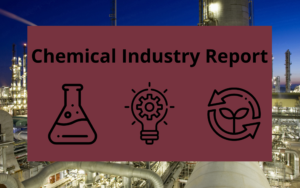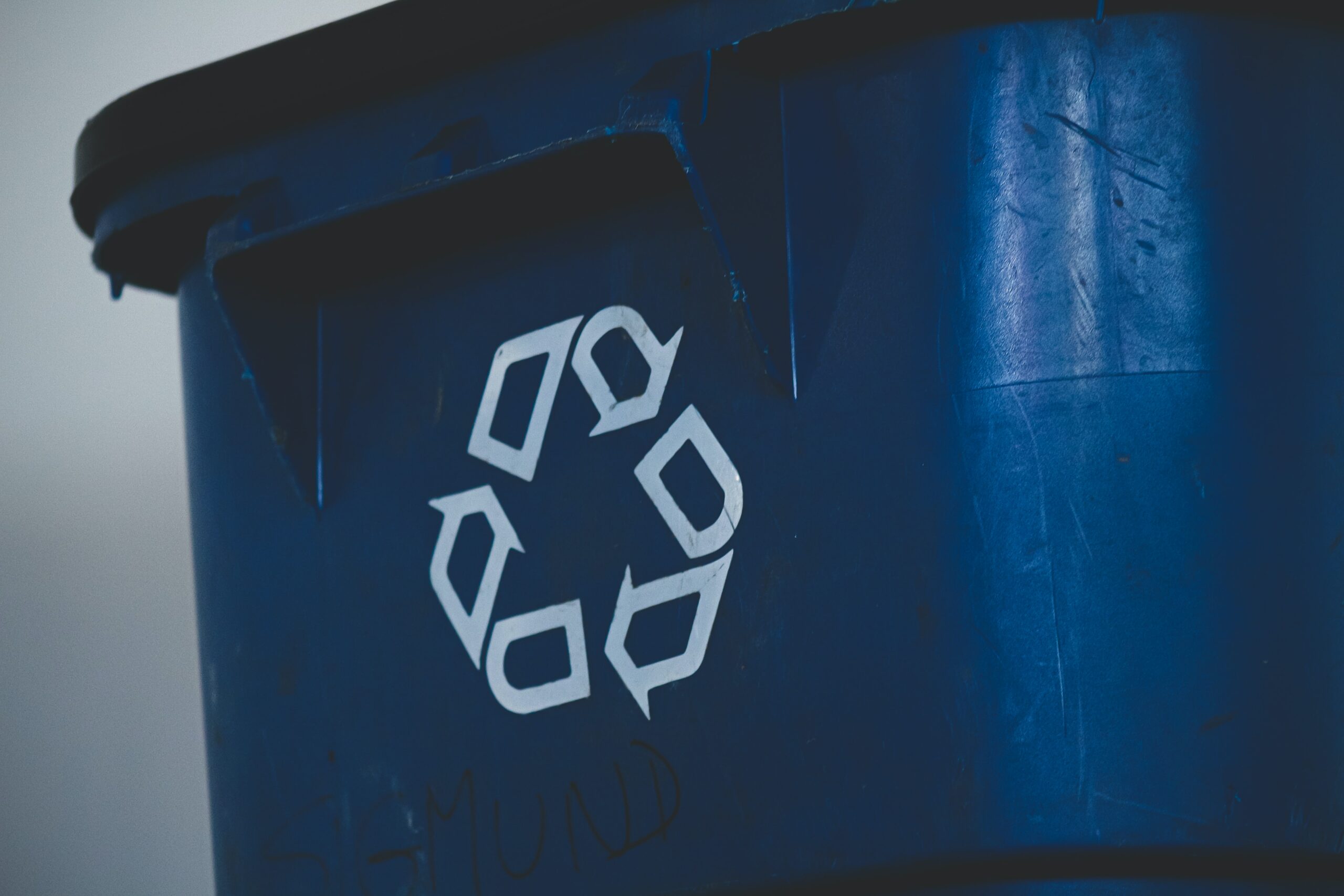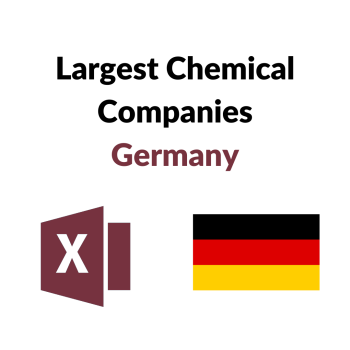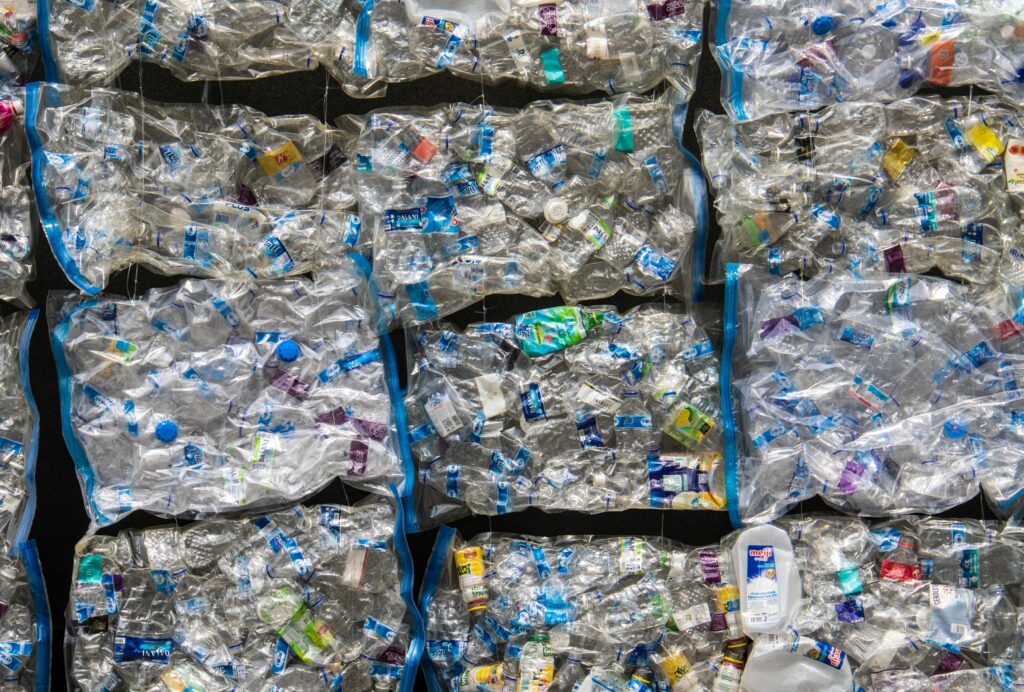Packaging plays a central role in the consumer goods industry. Without adequate packaging, it is often not even possible to sell one’s own products. However, packaging waste is a serious problem, and no less problematic is the fact that valuable raw materials are often used for packaging without being recycled. The Düsseldorf-based Henkel Group, one of the largest companies in Germany, now wants to take a different (environmentally) conscious approach to aluminium tubes. This article is based on the unique List of the 600 largest chemical companies in Germany.
-
Rated 5.00 out of 5€349,99 Incl. VAT
- Article based on database of the 600 most important chemical companies in Germany
- Detailed information on the field of activity (transport logistics, warehouse logistics, industrial logistics, pharmaceutical logistics, food logistics, port logistics, etc.)
- Including: sales (2015-2018), number of employees, e-mail, address, telephone number, management, etc.
- Direct download as Excel file via the ResearchGermany online store possible
- Free preview file available on request
Up to 95 percent less energy for recycled aluminium
Hair colorants are a small building block in Henkel’s broadly diversified product portfolio. The colorants from chemical production require high-quality packaging. Tubes made of aluminum are ideal. From now on, Henkel will be using 100 percent recycled aluminum for these tubes, thus making a contribution to the sustainable use of resources. The light metal has particularly favorable recycling properties. It can be reused practically as often as required. However, there is a high demand for recycled aluminium. The beverage industry has also discovered the topic for itself.
The particular advantage of reuse: recycling requires considerably less energy than the original aluminium production – up to 95 percent energy savings are possible, with positive effects for the CO2 balance and the climate. As if that were not enough, Henkel also wants to focus on a circular economy for the plastic caps of its tubes. The switch to recycled plastic is to be made gradually. Plastic waste is a serious environmental problem. Henkel is also making increasing use of recycling in other product packaging. Last year, for example, around 400 million bottles made of recycled plastic were put into circulation for Henkel laundry detergents and household cleaners in Europe. As part of its sustainability strategy, Henkel aims to reduce the proportion of new plastics in its consumer goods packaging by 50 percent by 2025.
Source: Happi Image source: Unsplash
 In our industry report of the German chemical industry you will find detailed information on areas of activity, an overview of the locations and clusters of the chemical sector, key financial figures as well as insights into the gender distribution and sustainability efforts of the sector.
In our industry report of the German chemical industry you will find detailed information on areas of activity, an overview of the locations and clusters of the chemical sector, key financial figures as well as insights into the gender distribution and sustainability efforts of the sector.




